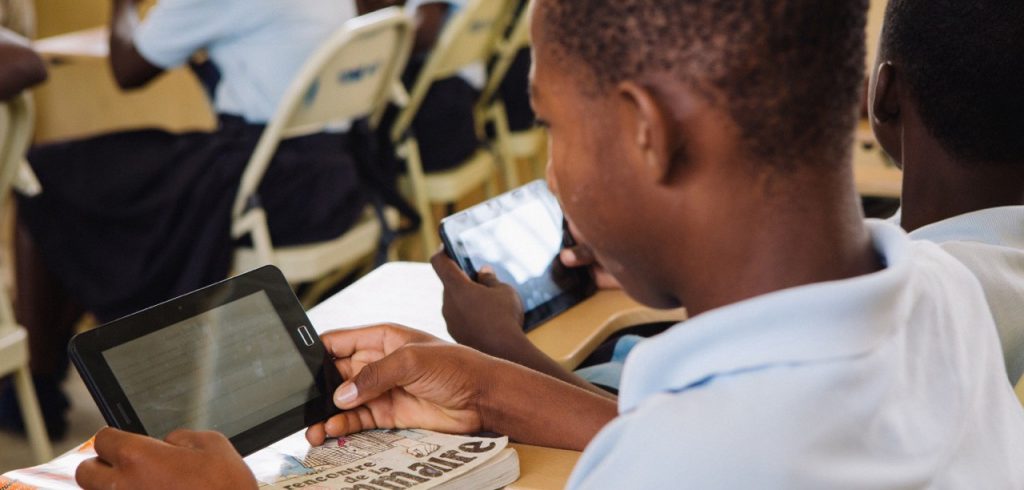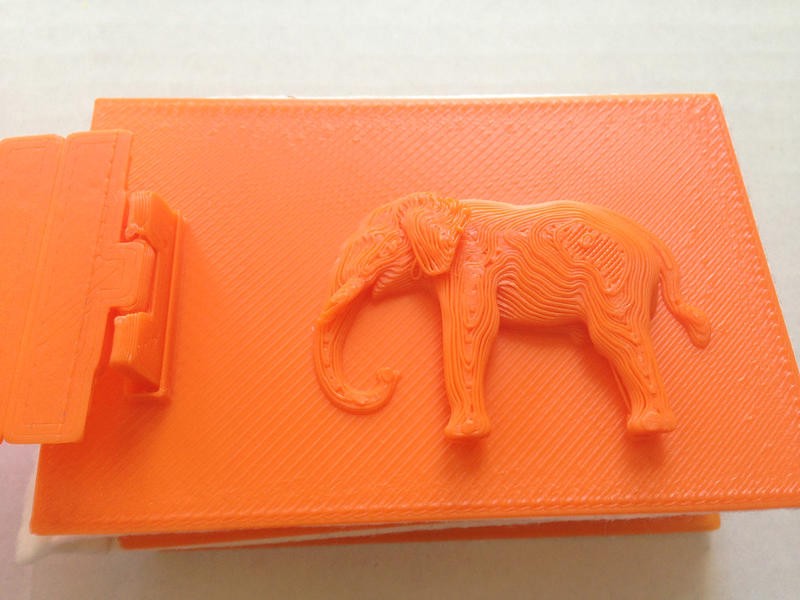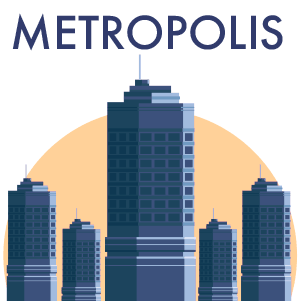
Our conception of what a library is has remained remarkably stable for over 2,000 years. But with people increasingly reading on ever-more-mobile devices, surely libraries need a bit of a reboot to stay relevant and popular.
The Knight Foundation thinks so at least. In September, it launched a $2.5 million competition to fund the best ideas for reimagining libraries in the digital age. Hundreds of concepts were whittled down to 42 finalists, all sharing a vision that insists there is something special about libraries, one that fuses society, culture, education and information access.
Take Maker Ed’s entry. This nonprofit initiative sees libraries as ideal venues for makerspaces, places for young people to develop their interests in science, technology, engineering, math and art, and to build confidence and creativity. Maker Ed wants to roll out a network across the United States to educate librarians in new technologies.
One of those technologies, 3D printing, forms the basis of another entry from University of Colorado computer science professor Tom Yeh. “We use 3D printers to make children’s books tactlile and accessible to blind children,” he said. If Yeh’s proposal succeeds, he intends to expand his current range of three classic picture books to over 100, and to assist libraries in downloading and printing their own copies.

Tomorrow’s libraries will also need to embrace the idea of self-publishing. “Technology has made us more connected than ever, but it’s also left us feeling isolated and alone,” said Cowbird’s creator, designer Jonathan Harris. “And now, there’s a new kind of digital divide: between those who know how to tell stories online and those who don’t.” Harris wants to transform three public libraries into community storytelling centers where facilitators would work with library visitors to preserve their personal and collective tales online.
Sarah McNealy, an information specialist with a background in crisis management, would take this community role for libraries one step further. She noted that after disasters such as Hurricane Katrina and Superstorm Sandy, people naturally gravitated to libraries for Internet access, assistance with e-government forms like FEMA claims, job searching and other services.
“Librarians have the skills, but maybe not the resources or training, to be a vital partner in community emergency preparedness,” she said. Her Knight proposalwould pay for an emergency response toolkit for community libraries, consisting of sample plans, web-based tools, coordination guidance and other training.
But why stop at America’s shores? One of the most ambitious visions for a library of the future comes from Library For All. The founders of this nonprofit were motivated by statistics revealing that in low-income developing countries a child born to a mother who can read is 50 percent more likely to survive to age five and that hundreds of millions could be lifted out of poverty there if students left school with basic reading skills.
With the help of a Kickstarter campaign, they developed an e-reading Android app populated with free, open access educational content designed for low-bandwidth, low-tech environments like Haiti. If Library For All wins some Knight money, it will improve its app and roll out its digital library in the Democratic Republic of Congo and Rwanda.
Libraries have been at the forefront of social change before–and these innovations suggest that their most exciting chapters could still lie ahead.

How We Get To Next was a magazine that explored the future of science, technology, and culture from 2014 to 2019. This article is part of our Metropolis section, on the way cities influence new ideas–and how new ideas change city life. Click the logo to read more.

